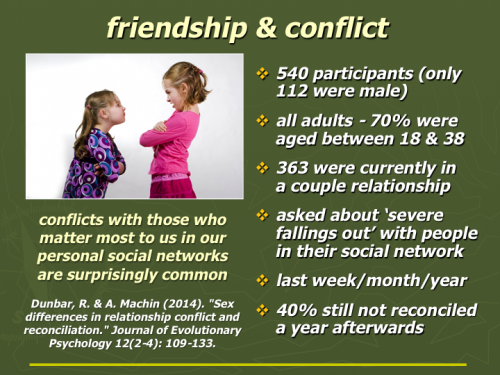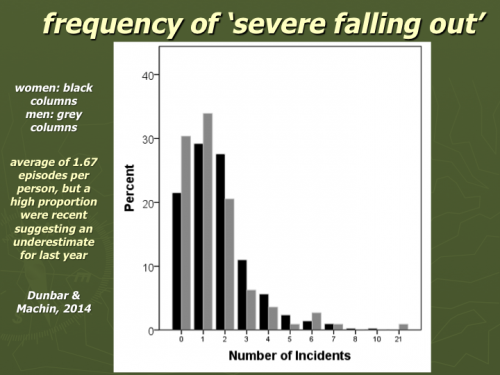Paired meditation deepens interpersonal connection: how to go about it
Last updated on 7th May 2017
Yesterday I wrote the blog post "Paired meditation deepens interpersonal connection: Tania Singer's wonderful ReSource project" which introduced & overviewed the recent, very impressive ReSource Project. I also discussed the associated JAMA Psychiatry research paper "Effects of contemplative dyads on engagement and perceived social connectedness over nine months of mental training: a randomized controlled trial" with its abstract including the comments "Secularized classical meditation training programs address social cognition, but practice typically occurs alone.


